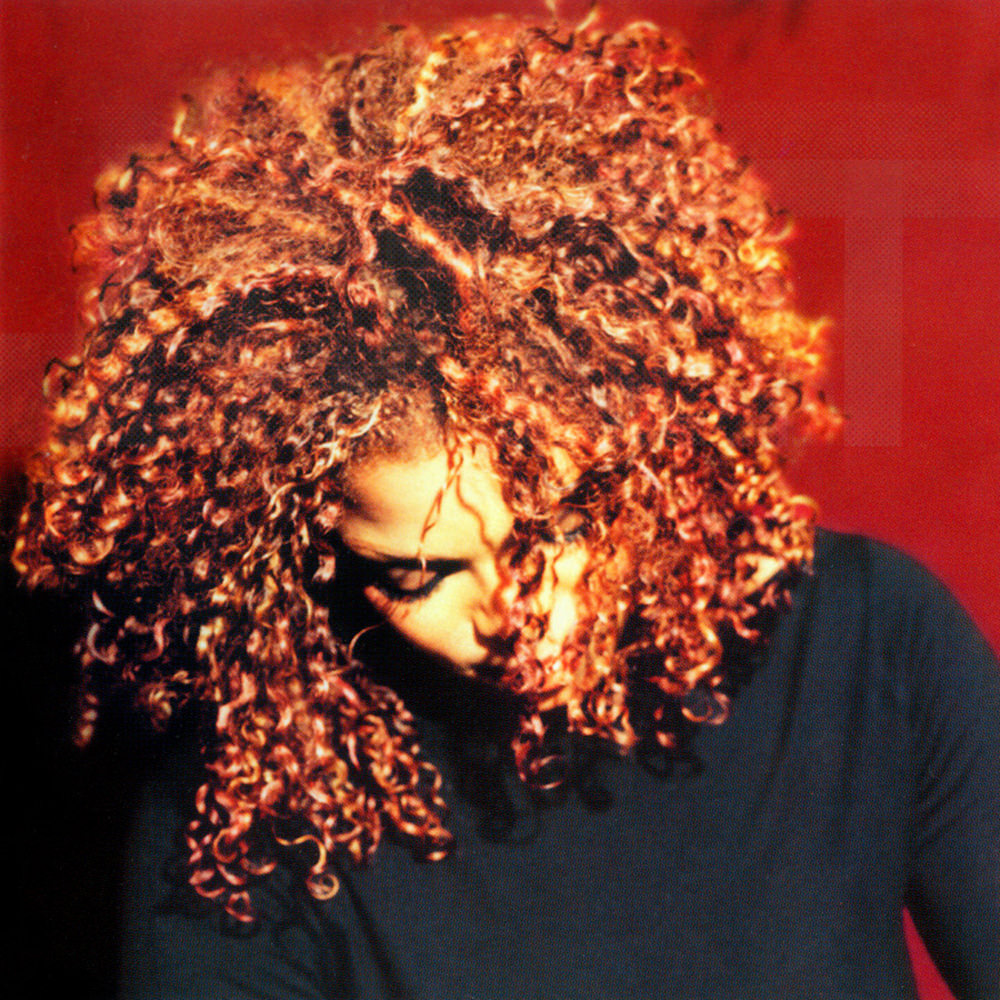What songs help you catch some z’s?
Sleep is one of the most important human functions. Like air, we need sleep to survive. Without it we can go insane or possibly die. Getting good sleep improves our memory, concentration, mood, immune system, mental health and is important for staying healthy. The average adult needs seven to nine hours of sleep each night. However, with the typical stressors of everyday life — from traffic, work or school, relationships and poor diet — we often fail to meet that average. And when we finally get sleep, the quality is often subpar.
The Boy Who Didn’t Sleep for 11 Days

In 1964, a 17-year-old Randy Gardner broke the world record for going the longest time without sleep — 11 days and 25 minutes or 264.4 hours — as part of a high school science fair project. Gardner suffered from various symptoms of sleeplessness like forgetfulness, changes to his senses of taste and smell, irritability, but quickly recovered after sleeping for 14 hours straight. Although, nearly 50 years later, Gardner reported suffering from insomnia and his fear of missing sleep.
The Scary Effects of Sleep Deprivation
Some scary effects of sleep deprivation or a poor quality of sleep include:
- Poor memory and attention span
- Moodiness or irritability
- Weakened immune system function
- Worsened mental health linked to depression and anxiety
- Drowsiness
- Obesity and digestion issues
- Increased risk of diabetes, heart disease and stroke.
- Pain
- Risky behaviour and poor decision-making
Music for Sleep
Music can help us relax, meditate and sleep. Music therapy is a medical field that uses music to help people suffering from chronic pain, dementia, anxiety, speech impairment, and cancer. Scientific research shows that listening to music at bedtime can improve sleep quality and help listeners fall asleep faster and have deeper, uninterrupted sleep.
Some studies suggest that music that patterns our body’s normal resting heart rate — at a tempo of around 60 to 80 beats per minute (BPM) — may help listeners relax. Thus, classical music is often the go-to genre for sleep and relaxation.
Science also demonstrates evidence of lullabies being very effective for helping children of all ages sleep better, even if the language or melodies are unfamiliar to them. Thus, songs that mimic lullabies may help us sleep, even as adults.
Nevertheless, choosing music that will help you alleviate stress and sleep is a personal decision, and finding songs that help you relax might take some exploration.
Music You Should “Sleep On”

Beginning with one of my favourite genres, R&B, I will be creating a Spotify playlist series with some of the best songs — from genres like Pop, Hip-Hop, Rock, K-Pop, and more — to send you to dreamland. I chose these songs based on scientific recommendations and some personal experience. Check out the Drop A Beat Spotify profile for more themed playlists and song recommendations.
Recommendations?
What are some of your favourite songs to help you relax or sleep?
Tell us in the comments section below and your song recommendation will be featured in a fan-made Spotify playlist.
Image Credits: Janet Jackson by Ellen Von Unwerth (1997); San Diego Historical Society; Zoltan Tasi


2 replies on “Music You Should “Sleep On””
Honestly any song from Sabrina Claudio’s album is relaxing for me. i am a lover of song music and Sabrina stole my heart. But “unravel me” by Sabrina is a good one
LikeLiked by 1 person
I agree! Thank you for recommending Sabrina Claudio’s album especially the song “Unravel Me.” I listened to the song and immediately felt relaxed, especially around the chorus. I love how her vocals sound a bit strange and other worldly too. Her R&B style reminds me of FKA Twigs and her songs “How’s That” and “Ultraviolet.” Definitely adding Sabrina Claudio to the playlist!
LikeLike